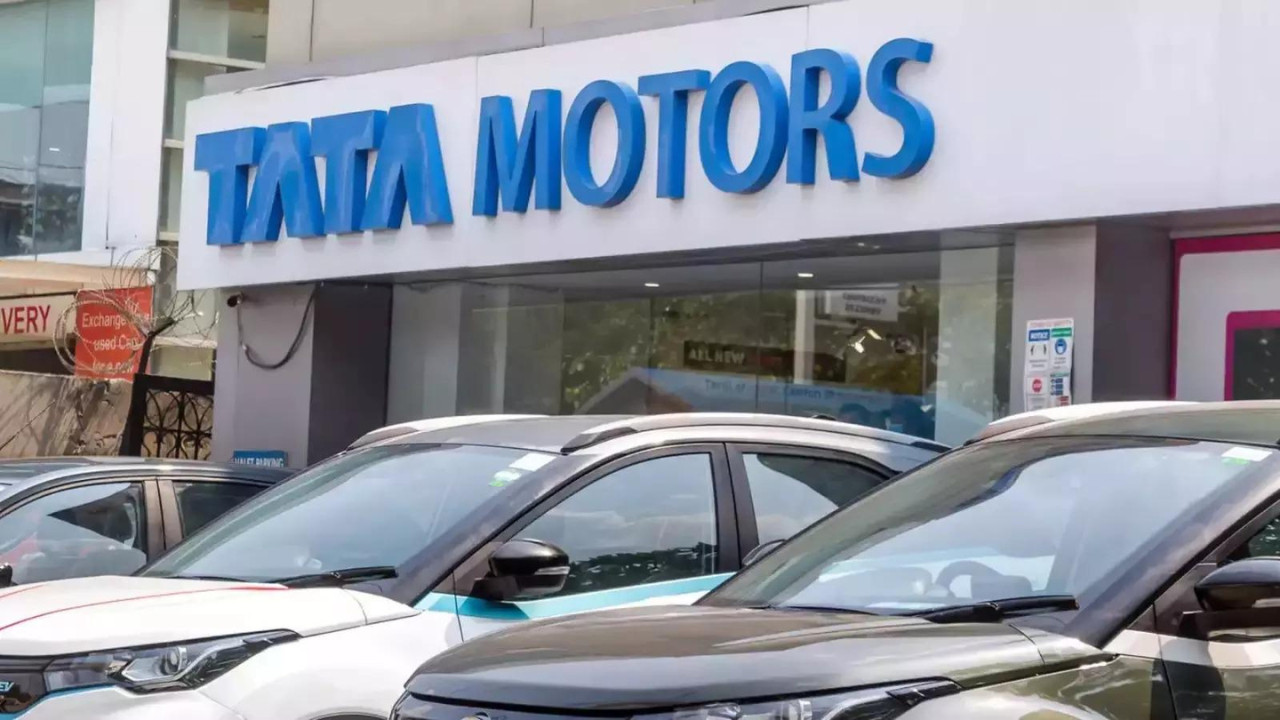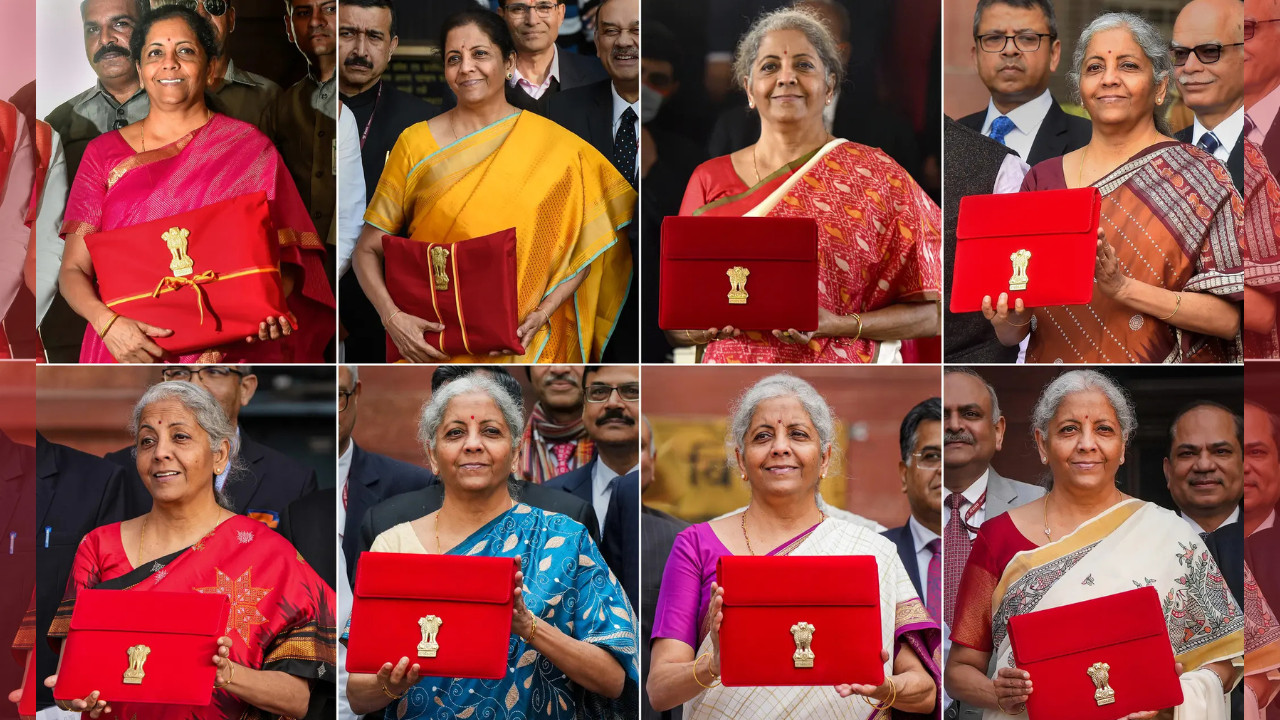Jaguar Land Rover’s profitability was significantly impacted by tariffs imposed by the US, leading to a 30% drop in Tata Motors’ overall profit. Anticipated new trade deals between the US and both the UK and EU are expected to alleviate the financial strain in future quarters. Despite criticism and leadership changes, JLR is maintaining its branding strategy.
A Speed Bump for Tata Motors: Navigating US Tariffs and Charting a Course Ahead
Tata Motors, the Indian automotive giant behind Jaguar Land Rover (JLR), recently unveiled its Q1 earnings, and while the overall picture remains positive, a closer look reveals a challenge brewing across the Atlantic. A recent hike in import duties in the United States has thrown a wrench into JLR’s profitability, leaving Tata Motors to navigate a new landscape in a critical market. The ripple effects are being felt, but how significant are they, and what strategies are Tata Motors employing to stay ahead?
The first quarter saw Tata Motors reporting a consolidated net profit. However, lurking beneath the surface of those encouraging numbers is the impact of increased US tariffs on imported vehicles. These tariffs, designed to protect domestic automakers, have made JLR vehicles more expensive for American consumers, potentially impacting sales volume and, consequently, profit margins. It’s a classic case of international trade tensions impacting bottom lines, and Tata Motors isn’t alone in feeling the pressure.
The US market is a crucial battleground for luxury automakers. For JLR, it represents a significant portion of its global sales, and a dent in performance there can have knock-on effects across the entire company. The increased cost of importing vehicles forces a difficult choice: absorb the extra cost and sacrifice profit margins, or pass the cost onto consumers and risk losing market share to competitors. Neither option is ideal.

Strategic Maneuvering: How Tata Motors is Responding
So, what’s Tata Motors’ game plan? They’re not sitting idle. A multi-pronged approach seems to be the name of the game. One key element is a renewed focus on operational efficiency. By streamlining processes, reducing waste, and optimizing production, Tata Motors hopes to mitigate the impact of the tariffs by lowering overall costs. This isn’t just a short-term fix; it’s about building a more resilient and competitive company for the long haul.
Another crucial strategy involves diversifying markets and expanding into new territories. While the US remains important, Tata Motors is actively seeking opportunities in other regions, particularly in emerging markets with high growth potential. This reduces reliance on any single market and provides a buffer against fluctuations in specific regions. Investing in its domestic market, India, also offers strong potential.
Furthermore, Tata Motors is doubling down on its commitment to electric vehicles (EVs). JLR has ambitious plans to electrify its entire lineup, and this push towards EVs could provide a way to circumvent the tariffs altogether. By establishing local production facilities in the US for electric vehicles, Tata Motors could potentially qualify for government incentives and avoid import duties, creating a significant competitive advantage. The move towards electric also aligns with the growing global demand for sustainable transportation, positioning the company for future success. Learn more about Tata’s commitment to sustainability and the future of electric vehicles.
The Road Ahead: Navigating Uncertainty
Navigating international trade policies is a complex game. The US auto tariffs are just one piece of the puzzle. Global economic conditions, fluctuating currency exchange rates, and evolving consumer preferences all play a role in shaping the automotive landscape. Tata Motors understands this, and its strategic response reflects a proactive and adaptable approach.
The immediate impact of the US tariffs is undeniable, but Tata Motors’ long-term vision remains optimistic. By focusing on operational efficiency, diversifying markets, and embracing electric vehicles, the company is laying the foundation for continued growth and success, even in the face of external challenges. The automotive industry is constantly evolving, and Tata Motors is proving its ability to adapt and thrive in a dynamic environment.
The road ahead may have a few bumps, but Tata Motors appears well-equipped to handle them. By proactively addressing the challenges posed by tariffs and embracing innovation, the company is positioned to continue its journey as a global automotive leader.







